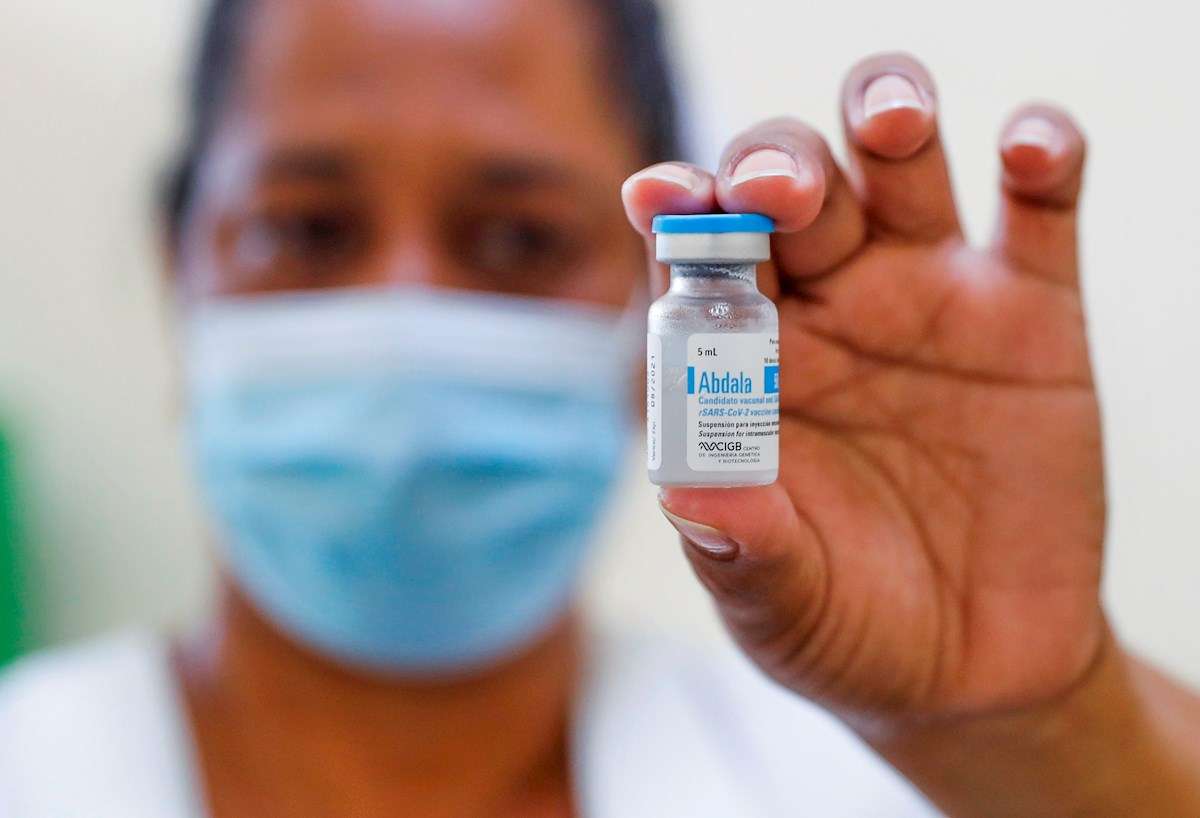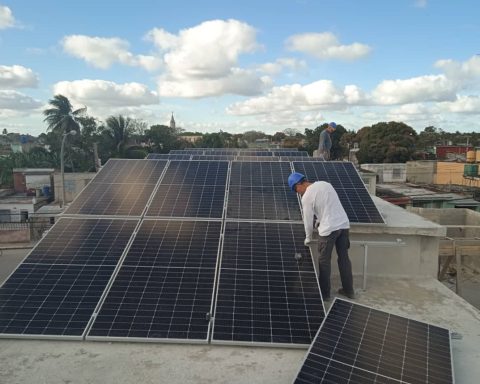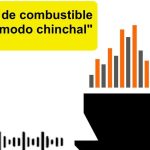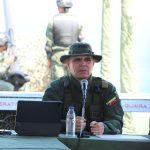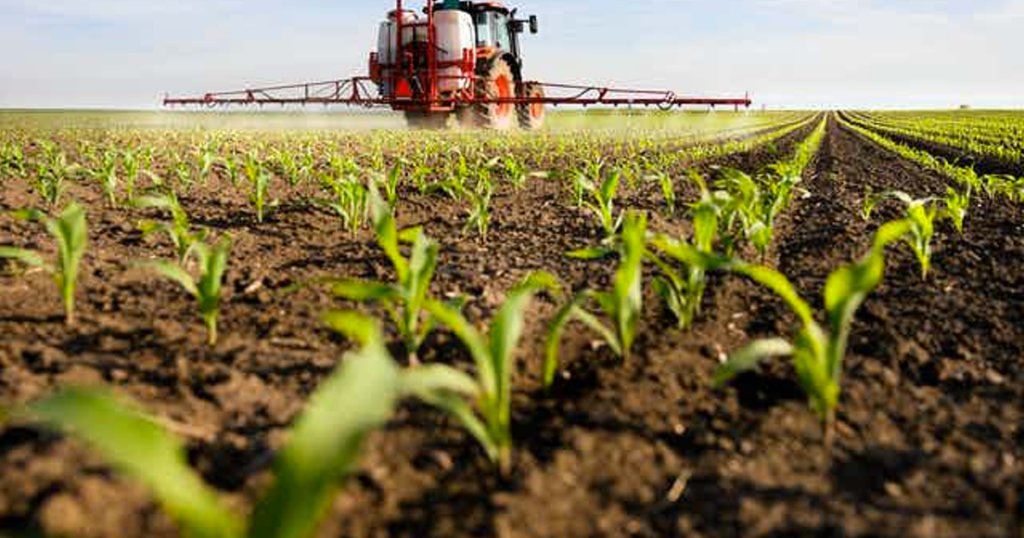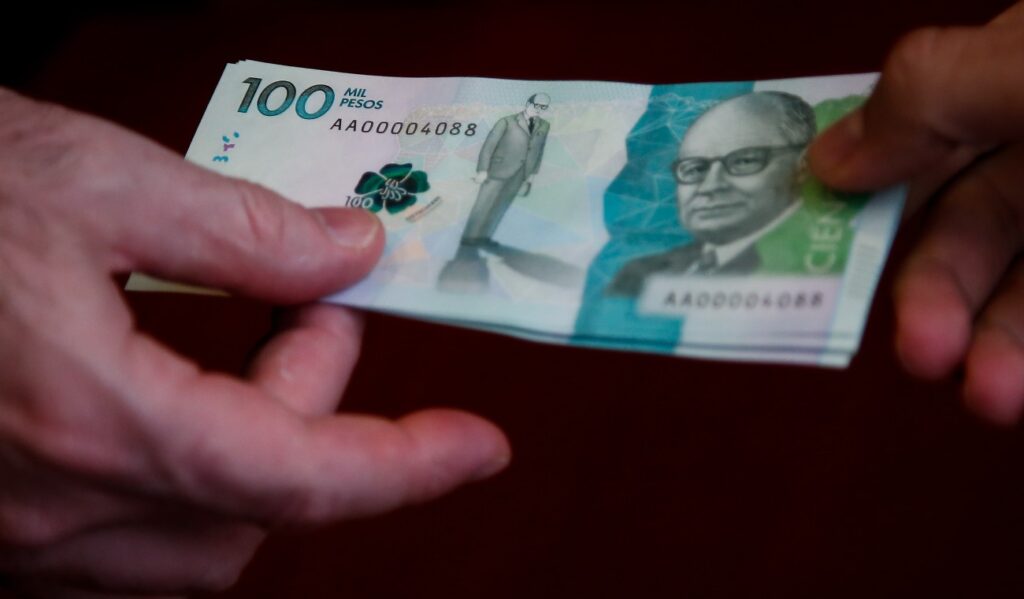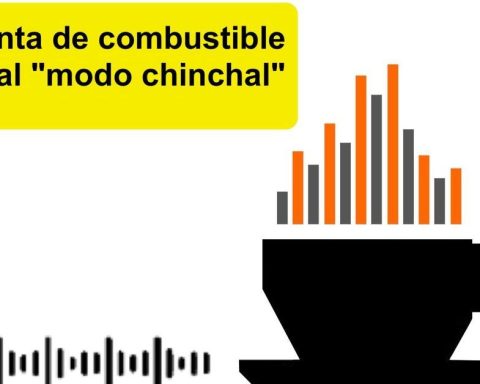The process of recognizing Cuban vaccine Abdala by the World Health Organization (WHO) “is already underway” and is progressing according to established procedures, scientific authorities on the island said Thursday.
«Already in the month of March the process began officially, which takes time and has a procedure that has been followed: information has been exchanged, we have held meetings with experts from The OMS. Yesterday [el miércoles]In fact, there was a meeting with the WHO team in charge of the evaluation, and so far everything is going according to plan,” Dr. Eduardo Martínez, president of the BioCubaFarma group, told the press.
Asked about the delay in the beginning of this process, after months of Cuba announcing its interest in obtaining the endorsement of the organization, Martínez acknowledged the existence of a delay. He attributed it to internal strategies and elements, and not to prejudices or difficulties of the WHO, with which he assured that the Island maintains “excellent relations.”
“We would have liked it to have been earlier, but the priority that we established with the vaccines was to complete production, supply the doses that the country needed to immunize the population, which, as has been seen, has had a significant impact on control the pandemic in Cuba,” he explained at a press conference on the upcoming BioHabana 2022 international biotechnology congress, which will begin next Monday in a hybrid format and with the participation of delegates from more than fifty countries.
“The WHO is not delaying prequalification, it is simply following the established procedures, and the small delay we have had has been due to an internal element of ours, that we have decided to move to a new plant and that is the one that undergoes the process” recognition, he specified in reference to the production plant inaugurated in the Mariel Development Zonewhich, he said, “is in a process of adjustment and implementation.”
«The step of the production of Abdala in the new plant in El Mariel It entails a delay in the documentation, because the technical information sent to the WHO has to be adapted to the characteristics of this plant, which must be inspected by international experts. It was a strategy that we outlined, and that has been an element that has made the process a little slower, “he added.
The president of BioCubaFarma confirmed that “there has been no difficulty with the WHO” and ruled out the idea that the body drags out the process due to prejudice or pressure against Cuba and its anticovid vaccines. “The WHO is a serious organization, with experts of great international prestige, and we think that consequently they are going to carry out serious work in the evaluation of our vaccines, until now that has been the case,” he asserted.
“We keep in touch, they are also reviewing other vaccines at the moment, and they have been guiding us and we are exchanging information,” he reiterated, while lamenting the “manipulation” and “misrepresentations” about Cuban vaccines and their evaluation by WHO in international press reports.
Vaccines: Cuba completes Abdala’s documentation to deliver it to the WHO
Martínez reported that “the Soberana 02 and Soberana Plus (vaccines) file is still being prepared to enter that process” and said that the Island has already contacted the Covax mechanism, for the delivery of Cuban immunogens against COVID-19. 19, once they are endorsed by the World Health Organization.
The director was optimistic that the global organization recognizes Cuban vaccines. “The process with the WHO is going to conclude, we are going to have the prequalification,” he said, and announced that his entity is working on “updates” of the drugs against new variants of the coronavirus that, in his opinion, should have a more expeditious procedure for its recognition, after the original vaccines are endorsed.
Cuba has so far developed three anticovid vaccines -Abdala, Soberana 02 and Soberana Plus-, approved by the island’s regulatory authority, and two others are under study: Mambisa and Soberana 01. Thanks to this, it has developed a successful strategy of mass immunization, which already reaches around 90% of the population and has been key in slowing down the advance of the pandemic.
According to Martínez, the Island has produced more than 80 million doses of its immunogens to date, of which more than 70 million have already been applied, mostly in Cuba, but also in other nations to which doses have been exported or donated. .
